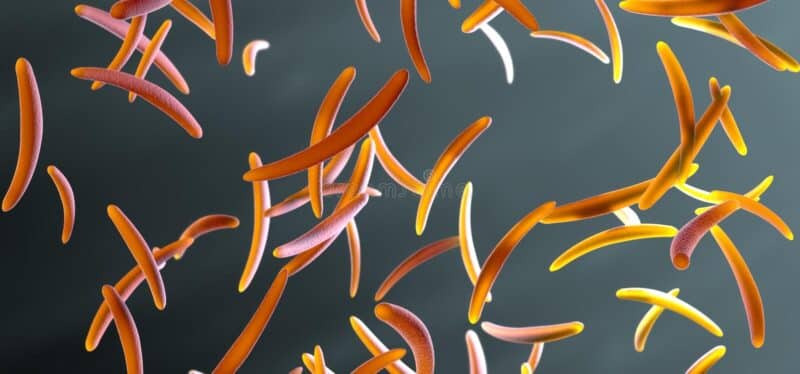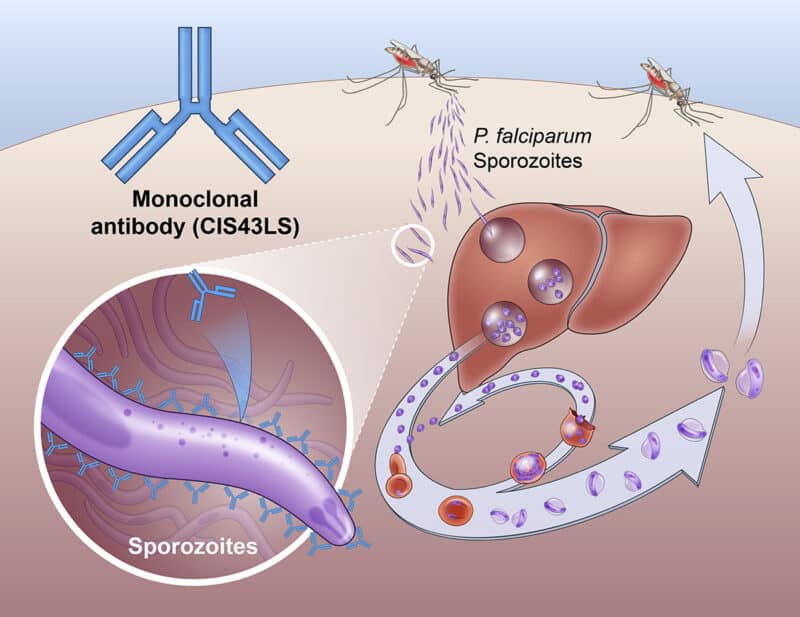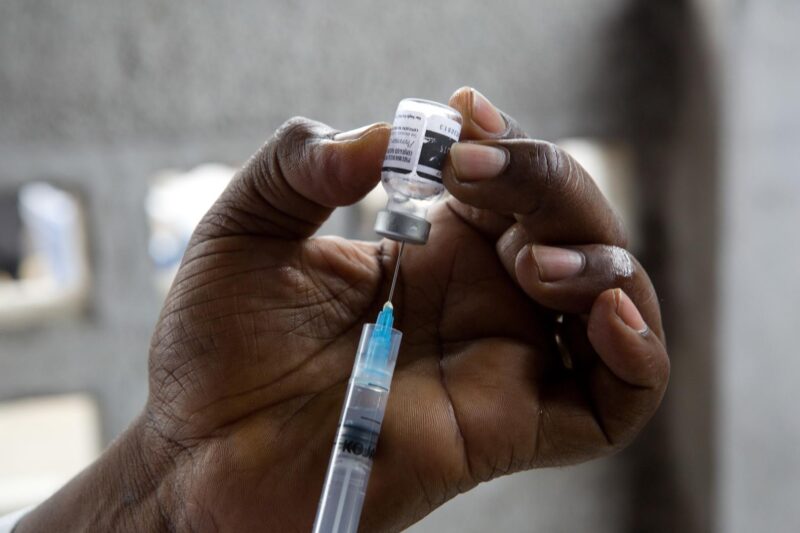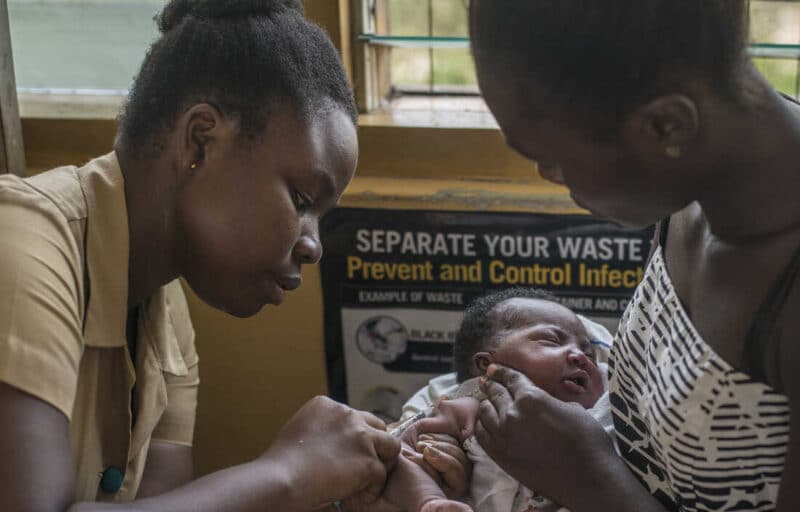Malaria sporozoites are the infective stage of malaria. Studies show that culturing the infectious phase of the Plasmodium life cycle may increase the efficiency of malaria vaccine production ten times. This is important to know since the number of deaths from parasitic diseases increased over the past few years. Scientists know that improving the process of producing malaria vaccines must be a priority.

The Update
Researchers were able to document the first successful ingredient in vitro cultivation for the vaccine. The innovative method aims to improve the efficiency of vaccine production. It can also make research on malaria faster and less expensive.
There is currently one vaccine recommended by the World Health Organization for use. Sanaria Inc. is now working on new malaria vaccines that can use part of Plasmodium falciparum’s sporozoite life stage. This is the deadliest malaria species. The life stage will be the antigenic agent to trigger the parasite’s immune memory.
Malaria sporozoites are the infective form of the protozoan. They look like spores but they do not cause malaria per se. But once the mosquito injects them into the bloodstream, they go directly to the liver and then mature into parasites that infect the red blood cells. This leads to disease and the production of gametocytes that the mosquitoes take in when they get a blood meal. If the vaccine teaches your immune system to detect or kill malaria sporozoites, it could give you the high level of protection that you need against malaria.

The In Vitro Process for Extracting Malaria Sporozoites
The scientists fed the mosquitoes with cultured blood that they infect with the Plasmodium falciparum gametocytes. The next step would be to extract the salivary glands of the fed mosquitoes. This is where the malaria sporozoites gather before introducing them into the host. The process of extracting the salivary glands needs a lot of resources and time. It is also risky even if robots handle the task.
The risk of extracting the sporozoites in the salivary glands is when infected mosquitoes get out of the lab. It is possible for these insects to bite a nearby person. That is why a research team thought of removing this risk by producing the malaria sporozoites in a lab setting. This is a more efficient and inexpensive way to speed up the process.

This part of the vaccine production is not easy. The scientists must gather gametocytes. It takes about two to three weeks to produce the sporozoites. Making them grow into maturity is not an easy task at all.
The blood mixture that the mosquitoes feed on has gametocytes from Plasmodium falciparum. By day three, the gametocytes turn into early oocytes. The scientists then figure out what feeder cells and matrix to use that can help the oocytes to live for eight days. The sporozoites start to form at this point. The scientists then found the right conditions that allow oocytes to live for two to three weeks. By this time, the infectious malaria sporozoites are good for harvesting.

Testing the Malaria Sporozoites
Researchers tested the sporozoites on mice with livers that had human components. The malaria sporozoites were able to infect the livers. The parasites grew in the liver and infected the red blood cells of the human blood injected into the mice. This means that it is possible for the vaccine to stimulate an immune response that can protect the patient from future malaria infection. The circumsporozoite protein on the surface of the sporozoites initiates the immune response.

Creating a powerful vaccine from malaria sporozoites can protect you from future malaria infections. This can help prevent more deaths from this mosquito-borne disease. Travelers and people in areas with large mosquito populations can feel safer. Producing many effective malaria vaccines can help more communities around the world.